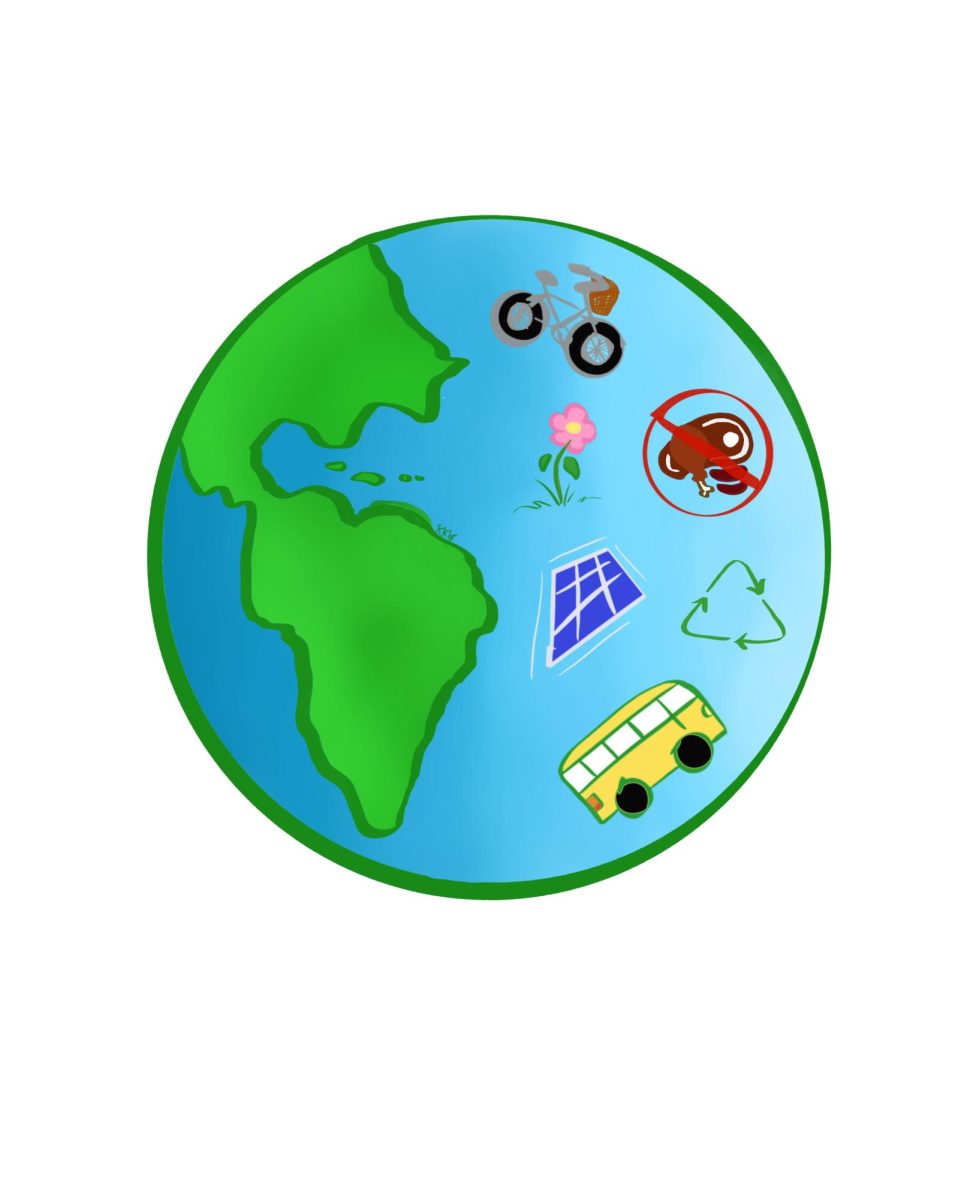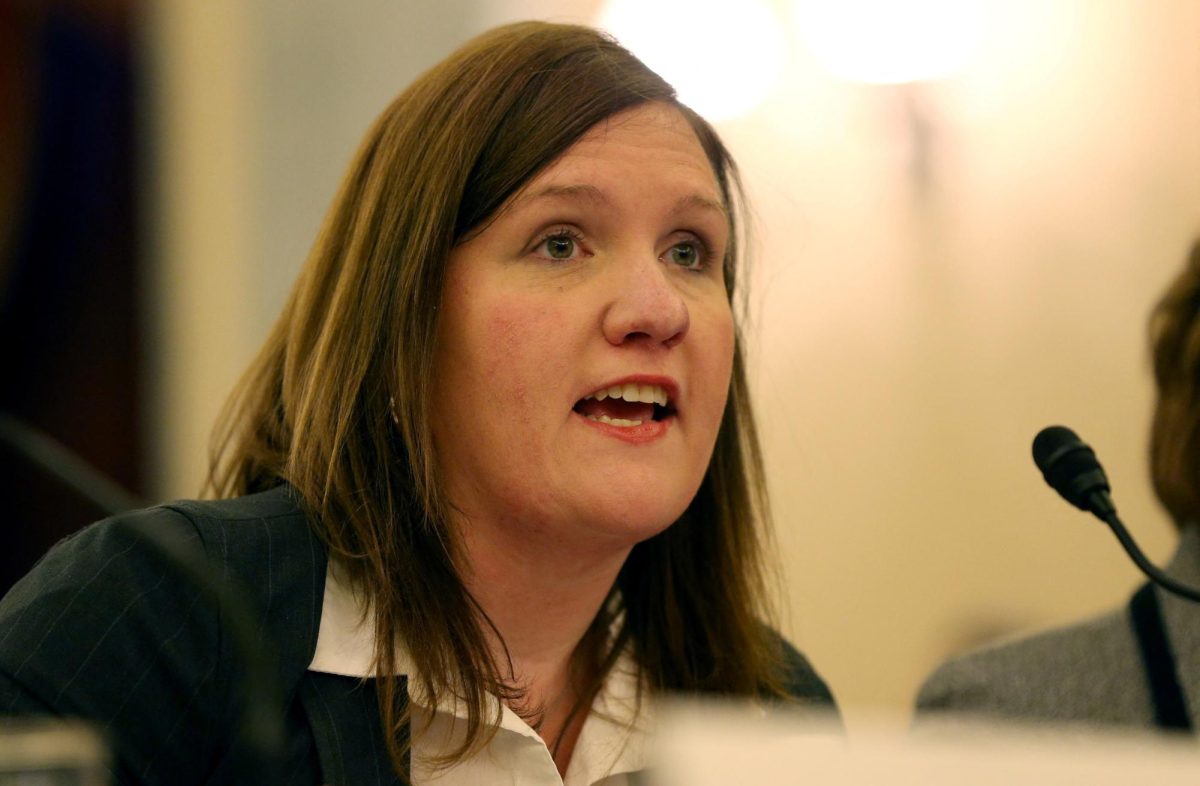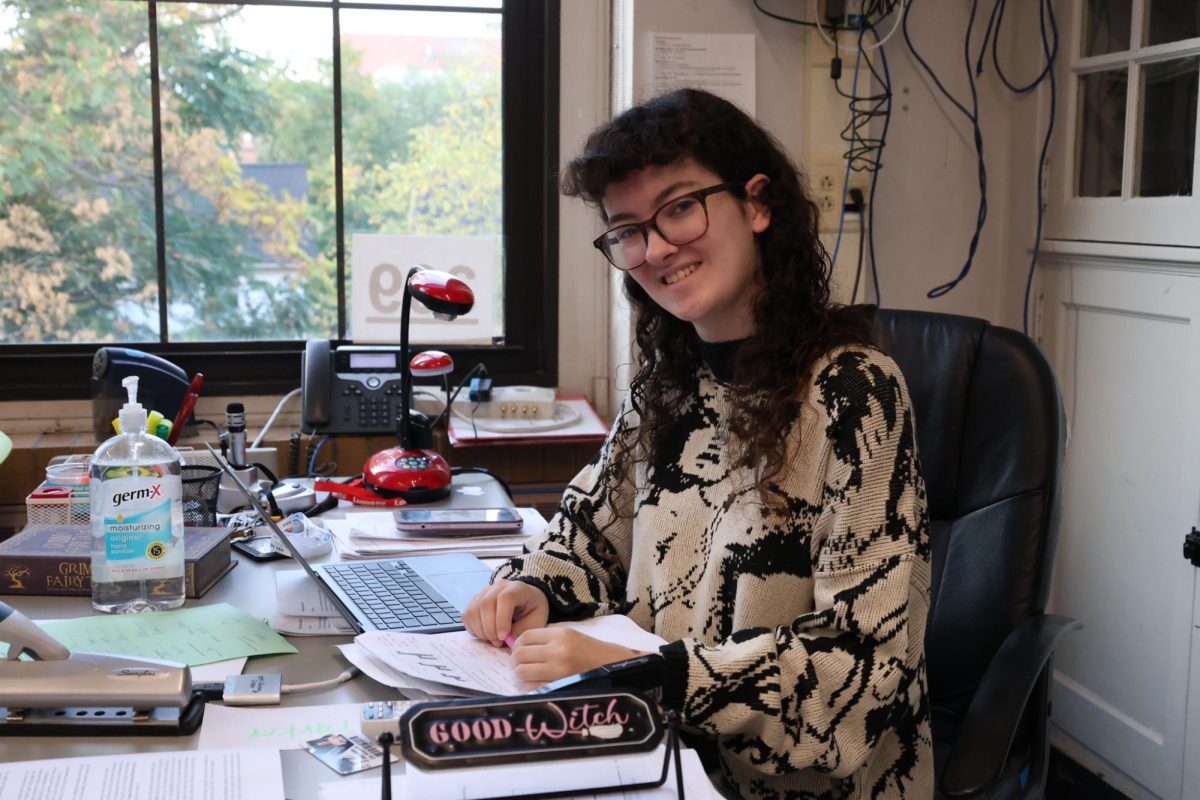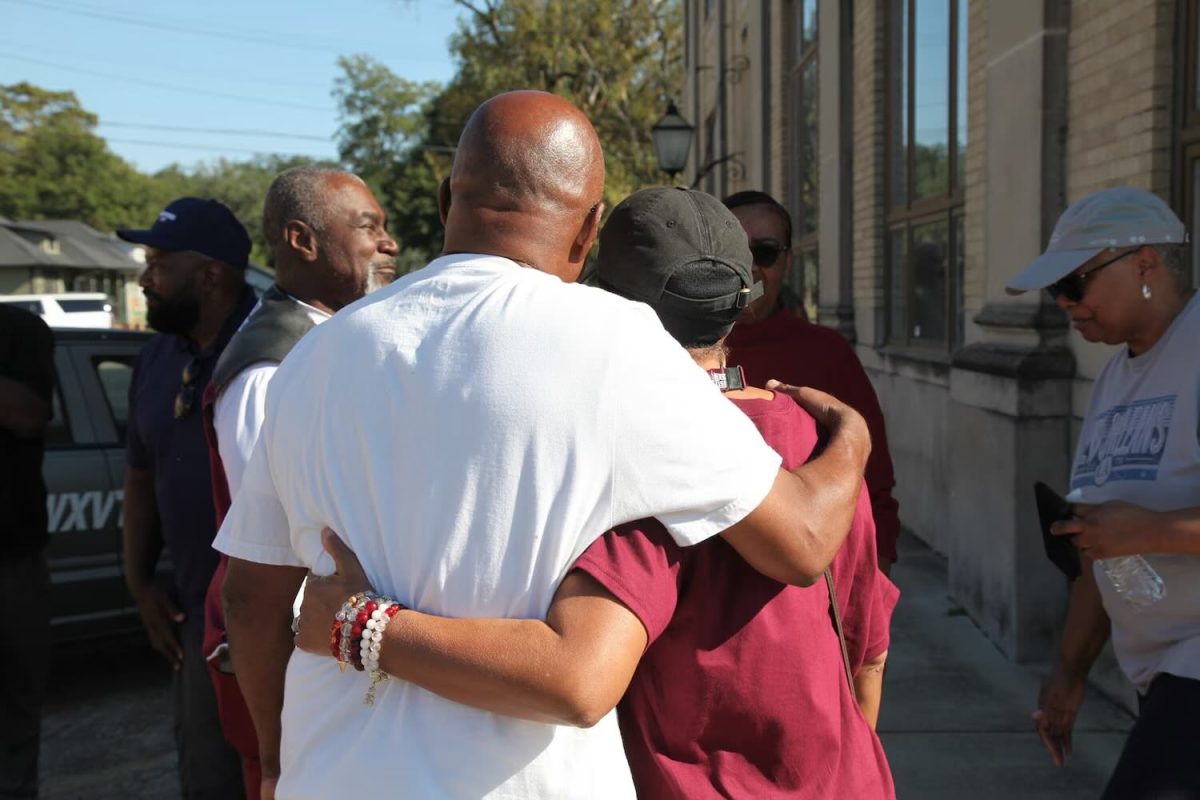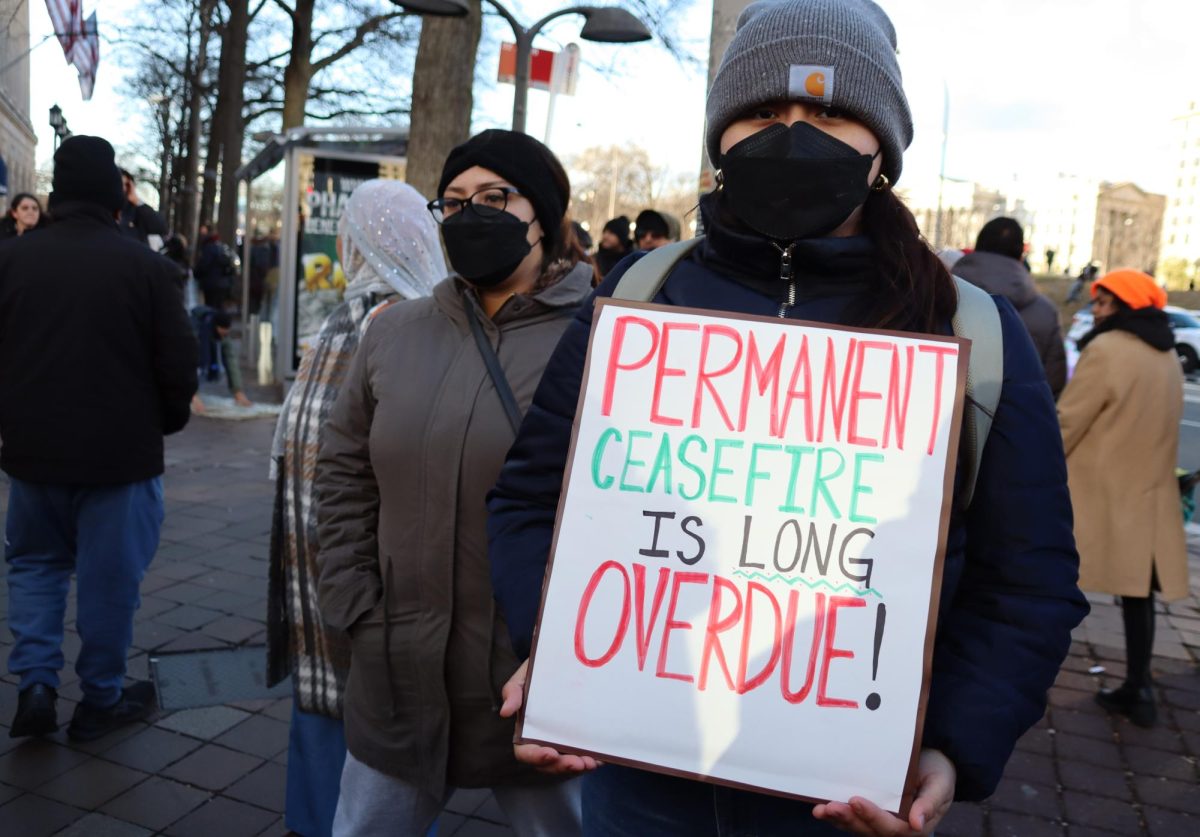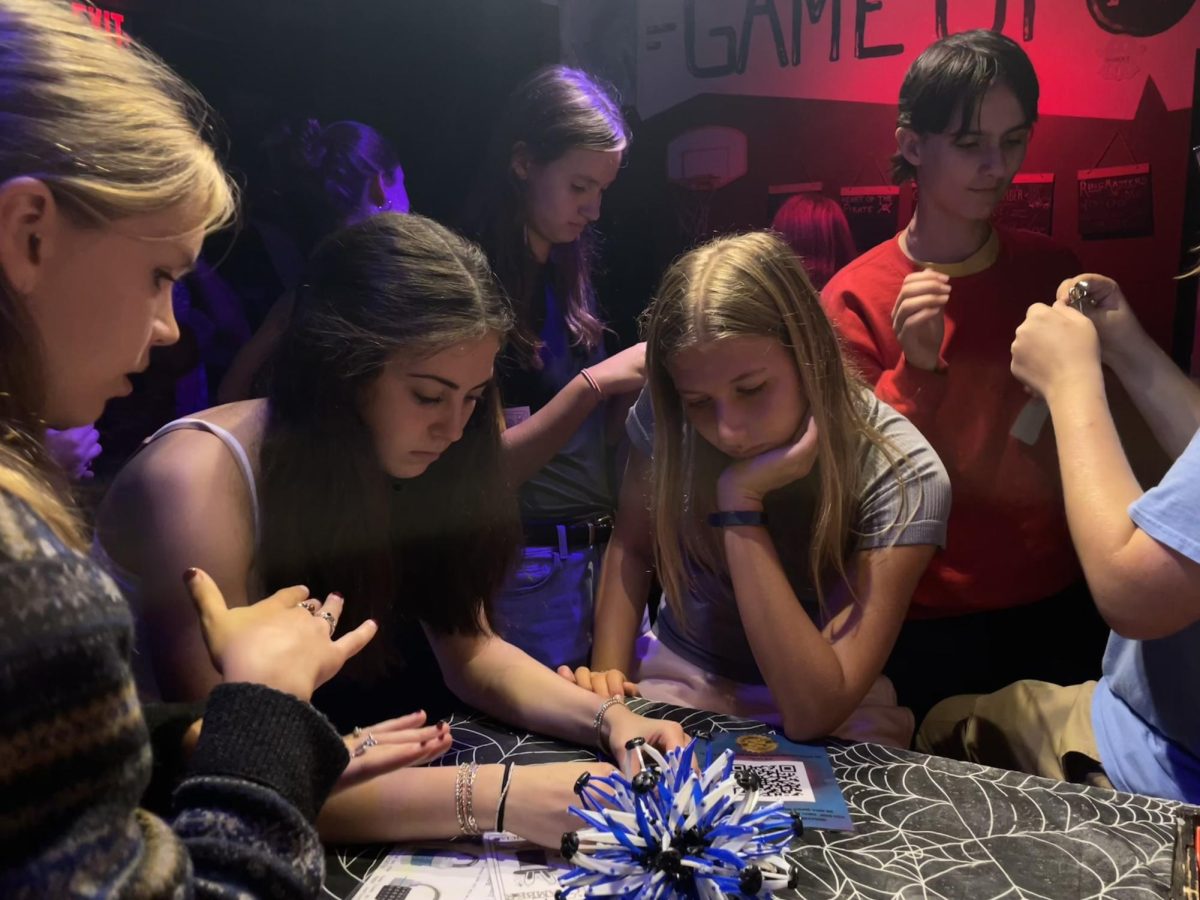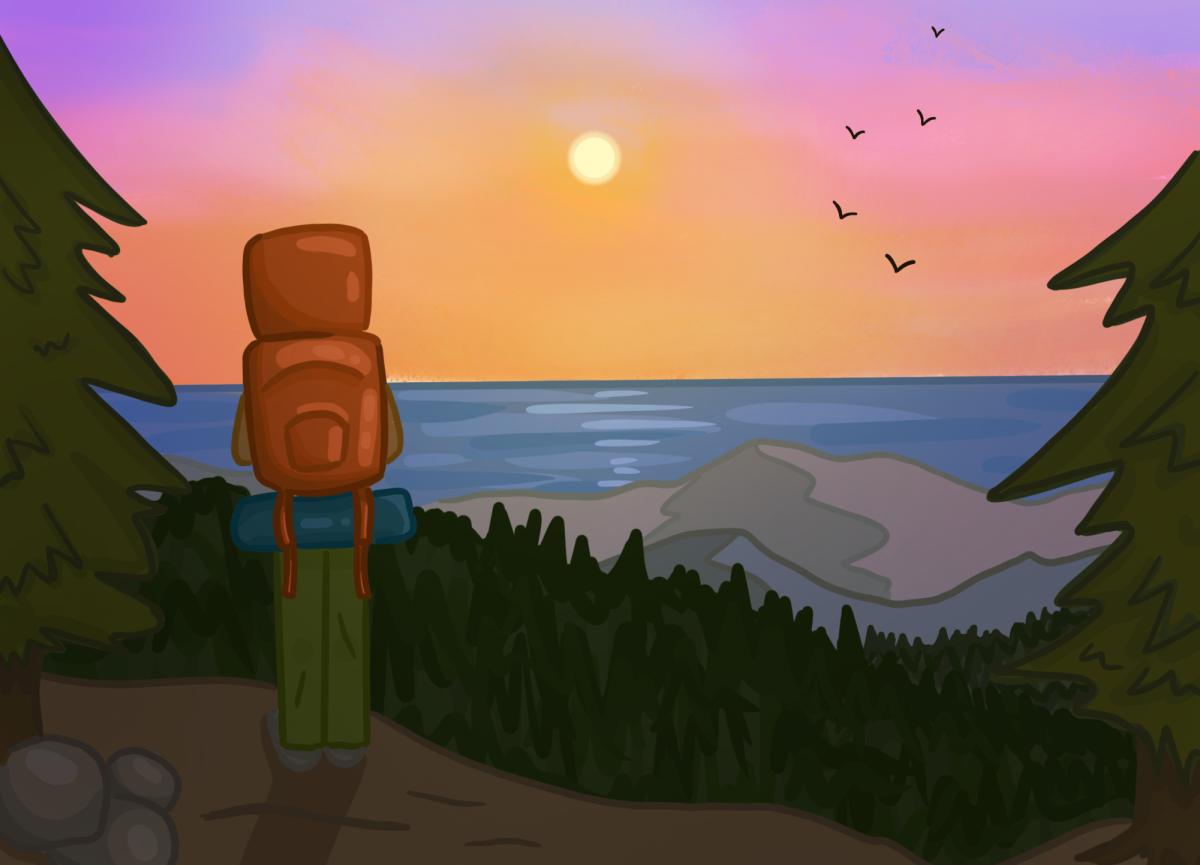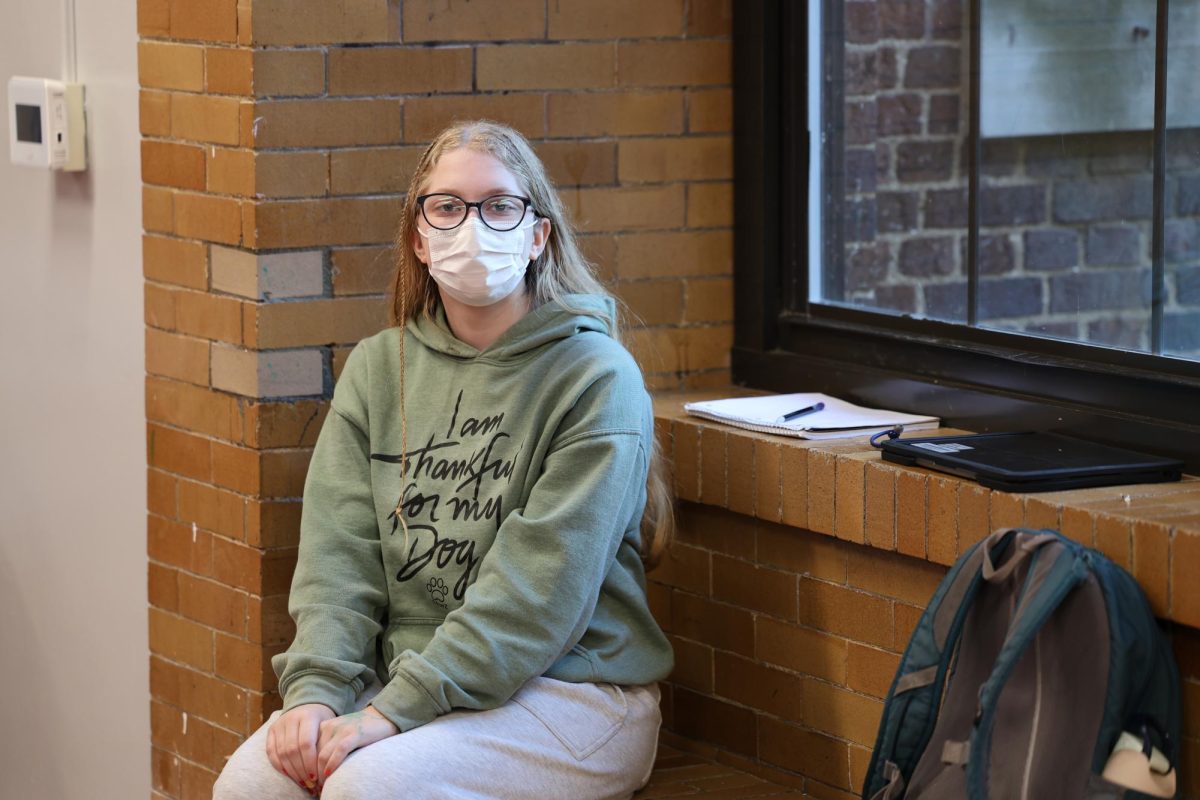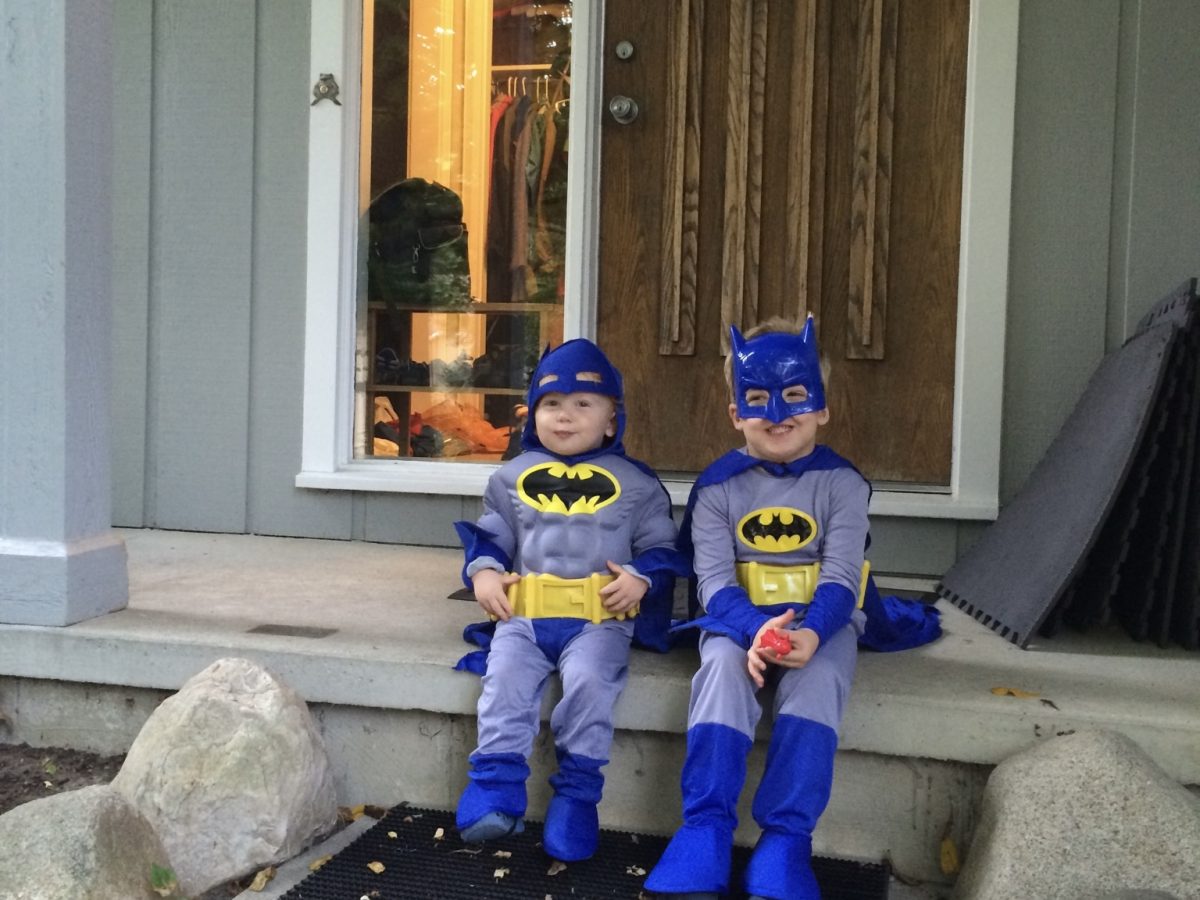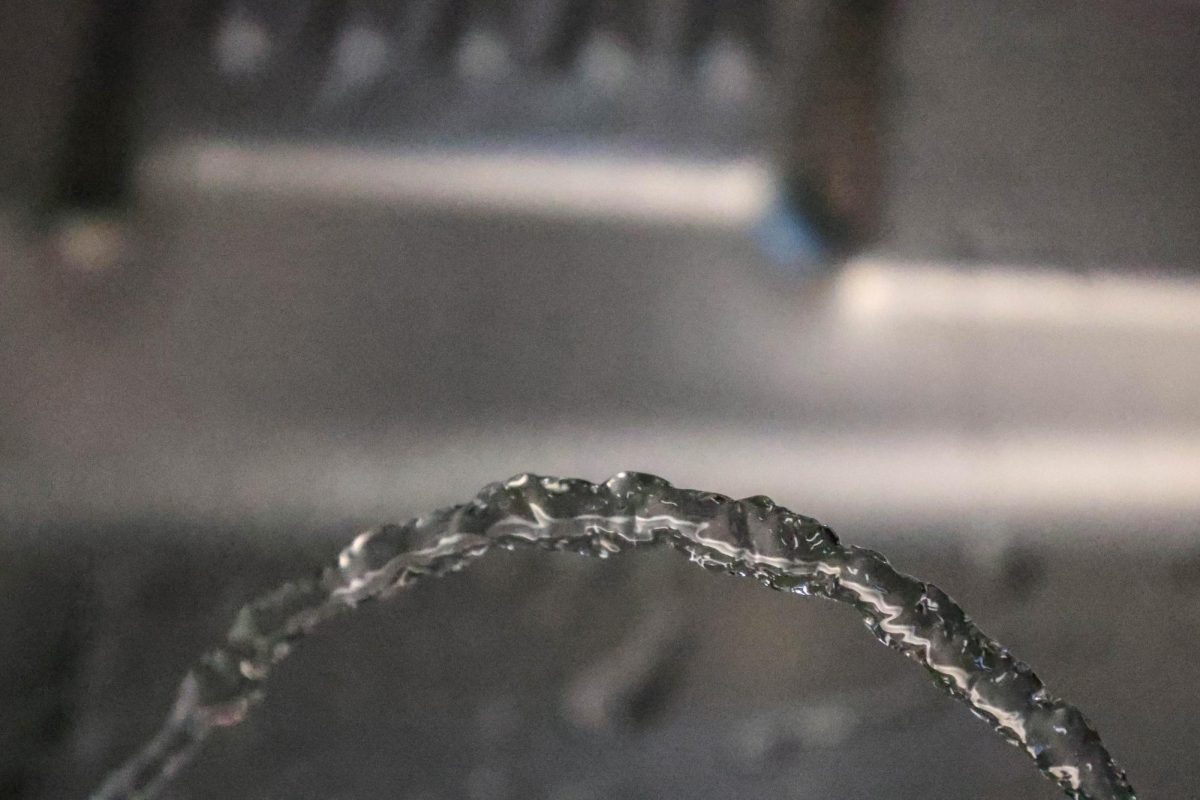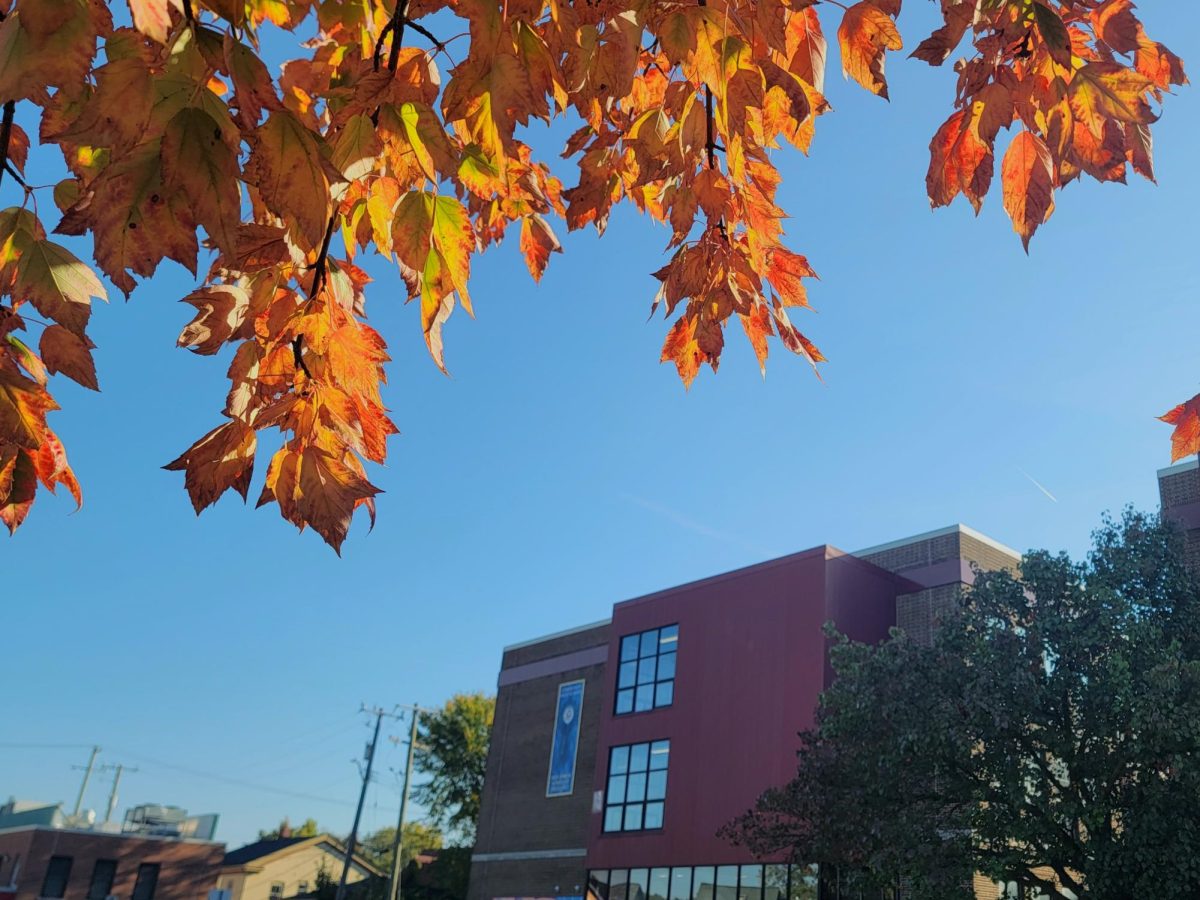She watched as the rainforest slowly disappeared before her eyes. Forests were degraded and access to diverse food sources vanished. Rebecca Buell is an anthropologist who dedicates her time to protecting rainforests, while working with indigenous people in the Amazons. Each time she visits, she takes trips along the Amazon River, seeing less and less forest with every trip.
Buell isn’t the only person noticing the intense effects climate change is bringing. Our World In Data is an organization focused on ensuring resources and research regarding many topics, such as climate change, are available for the public to view. Their mission is to make sure everyone is informed about climate change and its physical damage to the world.
The graphs they create to represent climate change show that in 1950, the world emitted six billion tons of carbon dioxide into the atmosphere. By 1990, the amount of carbon dioxide almost quadrupled. Today, the world emits over 35 billion tons of carbon dioxide yearly. According to the World Meteorological Organization, this rapid increase in carbon dioxide in the atmosphere raised global temperatures dramatically, with 2023 being the warmest year on record.
Dr. Jonathan Overpeck is the Dean of the School for Environment and Sustainability at the University of Michigan. Rather than focusing on changing daily habits, Overpeck has been educating the next generation of climate scientists. Overpeck has worked with the United Nations and the Intergovernmental Panel on Climate Change to convince international policymakers that taking action to protect our climate is essential.
Overpeck proposed three advances that can protect our climate from further deterioration. The first is exiting the fossil fuel era and generating our electricity and power with renewable energy, like hydroelectric, wind and solar. The next idea focuses on providing storage for renewable electricity so that it will be available in times when it otherwise wouldn’t be. Overpeck’s last step is implementing electrified mobility, which means developing zero-carbon transportation like electric vehicles and planes.
“We’re already deploying all of these technologies,” Overpeck said. “The costs associated with wind and solar are below comparable fossil-fueled energy costs, and battery storage and prices continue to plummet.”
While Overpeck works alongside national and global efforts, many students at CHS are starting to change their everyday habits to lessen their impact on the climate on a smaller scale. Sofia Das, freshman, and Charlotte Rotenberg, junior, are incorporating composting, reduction of their meat consumption and exploring more environmentally friendly transportation such as the city bus, and bikes into their daily routines.
Das joined the Ecology Club this year and enjoys making CHS more sustainable. The Ecology Club places compost bins in classrooms all around the building and empties them daily. Members of the club made and hung signs above each compost bin that explained what could be composted and what shouldn’t. Rotenberg is also a member of the Ecology Club and helps empty out the compost bins.
Rotenberg loves to reuse, reduce and recycle. Along with participating in Ecology Club, she also creates new ways to be sustainable at home. She finds innovative ways to reuse materials and scraps around her house. One time, she made a bag out of other plastic bags that would’ve gone in the trash. By doing this, the bag was larger, and more durable while also eliminating waste. Rotenberg uses fruit skins, like bananas, to help fertilize and give nutrients to her plants.
Das grew up around sustainable practices. For the past eight years, her family has gotten most of their electricity from solar panels on their roof. They drive their electric car regularly and Das and her sister are vegetarian.
“I never really liked meat,” Das said. “Every time I saw an animal, all I would think about was that I ate them and that was devastating because I love animals.”
In her FOS I class, Das learned more about sustainability and climate change. Her class explores new technologies around energy use, solar panels and wind farms. Courtney Kiley, CHS science teacher, ends her climate change unit with a project where students find a technological solution to mitigate or slow down climate change.
“We talked about [alternatives to] having black streets and roofs,” Kiley said. “Changing those darker colors to lighter colors to make surfaces reflect some of the infrared back into space instead of absorbing them is a way to reduce growing temperatures.”
Kaylie Peters, a junior at CHS, had the opportunity to see some of these new and innovative ways of dealing with the climate crisis first hand. When she visited Costa Rica during the summer, she saw how people interacted with nature.
“They saw nature as their neighbor,” Peters said. “They worked together with nature and truly coexisted, not just ruling over it because humans can’t really rule nature.”
She noticed how valued and respected nature was but also how drastic the effects of climate change on Costa Rica’s environment have been compared to Ann Arbor.
“While we’ve had a few warme winters, there have been violent and unpredictable storms in Costa Rica,” Peters said. “Even though they have a smaller carbon footprint than the US does, our actions are having larger consequences on them than us.”
Peters observed how climate change affected a different part of the world firsthand. She learned that our choices don’t just impact us but also the rest of the world.
University of Michigan Professor Jenna Munson teaches a class on natural resources, economics and the environment, which focuses on transitioning to clean energy and using mineral resources. During her class, Munson uses palm oil as an example of a resource that’s negatively impacting the environment.
“Palm oil is in about 50% of what we use,” Munson said. “It’s in laundry detergent, packaged foods and all beauty products, but it’s one of the worst things for the climate.”
Munson proposes for society to start pushing for products that typically contain palm oil to be made from ingredients that are more sustainable for the environment. She feels societal pressures, like boycotting companies, can force them to change their products if they want to continue selling items.
“Choices play a big part in our communities,” Muson said. “For example, carmakers will continue to make electric vehicles if people buy them.”
Munson sees the younger generation making choices to help mitigate climate change. Munson sees they are more aware of climate change, and have a bigger motivation to learn about the issues the climate crisis brings.
“I think younger people are more keyed in on climate change than older generations give them credit for,” Munson said. “But in general, the way they live, the younger generation is a lot more sustainable than prior generations.”
Munson is working hard to familiarize students with climate science in hopes that the next generation will bring a halt to climate change. Munson, Kiley and Overpeck hope for major changes in the future but realize that staying positive is one of the most important things we can do to help tackle the climate crisis.
“There’s so much news that’s disheartening and depressing about our future,” Kiley said. “But it’s about the little things we do and changes we make that shape the future.”



